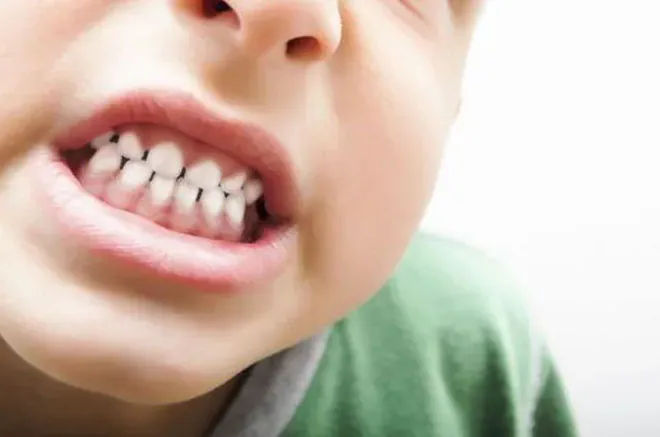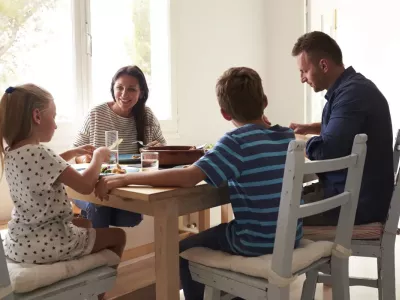I never thought MY child would start biting other kids

It’s sometimes hard to convey to others how distressing it can be when you’re the parent of a child who bites. You know your child isn’t perfect, but you really weren’t expecting YOU would be the one to get the note home from the childcare centre saying “there’s been an incident”.
Very young children and babies may bite because:
- They’re using their mouth to explore the world, and/or
- Their teeth hurt because they’re teething, and biting feels good.
However, don’t make the mistake of thinking a child will automatically grow out of biting.
It’s more common that you might think for biting to become a real problem. If a child enjoys the biting sensation, and accidentally learns through experience that biting gets a reaction of some kind, or results in plenty of adult attention – even if that attention is negative – it can easily start to happen more frequently. Particularly when it’s occurring a lot, it can lead to other problems such as being socially rejected by other kids and being frequently in trouble with carers.
WHY DO KIDS BITE OTHERS?
Slightly older children, toddlers and pre-schoolers may bite because:
- They’re frustrated or angry.
- They’ve seen another child do it and are imitating them.
- They don’t know any other ways of solving problems or getting what they want. They may be experimenting to see what happens, and enjoy the attention or reaction they get.
Assuming your child is not an infant, and they’re at an age where they can start to learn acceptable, non-hurtful ways of getting on with others and solving problems, you might feel unsure about how to manage the problem. You may have even been given advice such as: “Bite the child back so they know what it’s like” or “ban them from playing with their toys” or “keep them away from other children”. Such tactics are well-meaning but are not helpful in teaching a child skills and behaviour that will serve them better.
TAKE POSITIVE STEPS
Rather than waiting to see if the problem gets worse, don’t be shy about seeking help to find effective ways to stop children from biting, depending on the situation and age of the child. In fact, it’s a perfect opportunity to pick up and try out some new parenting tools and strategies. The key is to actively teach children a better way of touching and socialising with others without hurting. And that alternative behaviour will require practice.
As with many other issues, the idea is not to control your child’s every move but to guide them towards becoming responsible, self-reliant and self-disciplined; able to make independent decisions and solve problems; and socially skilled human beings capable of living in harmony with those around them.

